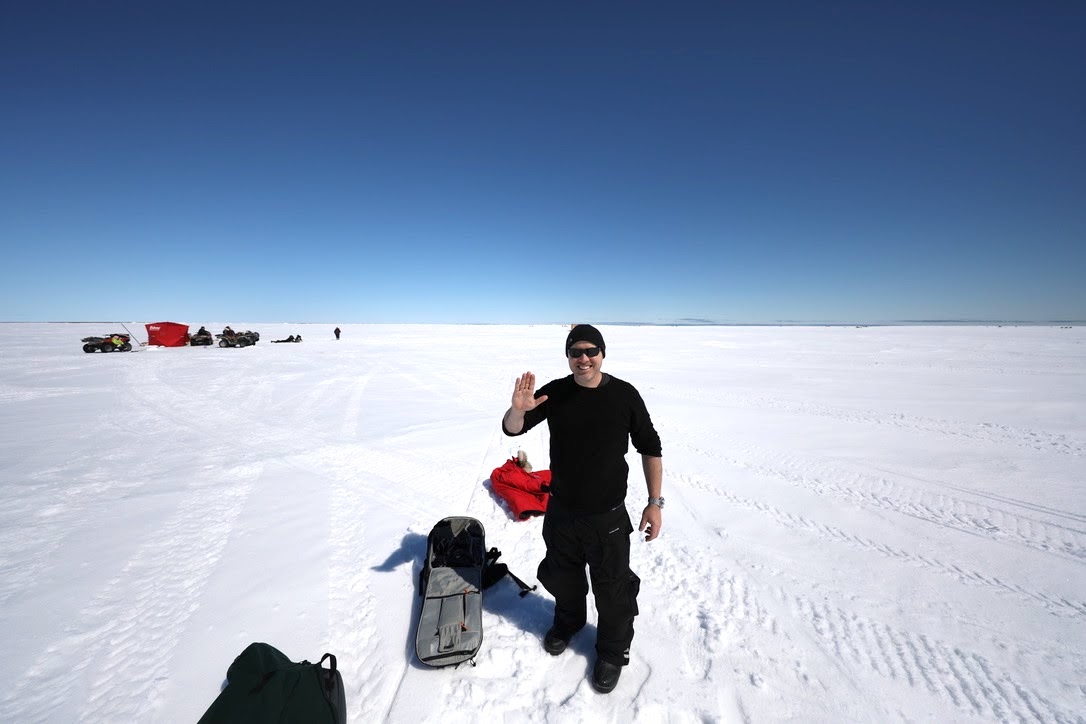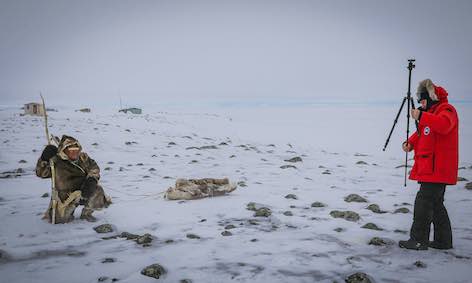
Create a custom, branded portal for your research topic or lab group that spans datasets in the Arctic Data Center – available for all users. Branded portals provide a convenient, readily customized way to communicate your science, your team, your data, and related data from within the Arctic Data Center.






